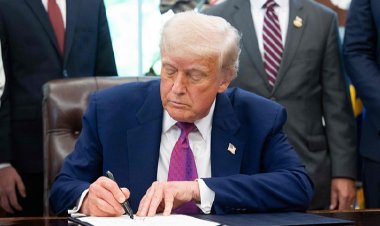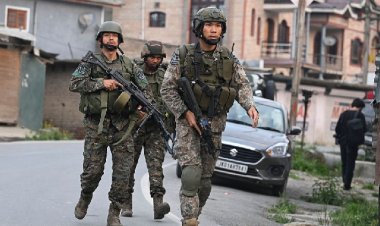Addressing 'neijuan': China tackles unhealthy competition
Tackling 'neijuan': China takes steps to combat unhealthy competition

This issue is particularly pronounced in China, where extensive evaluations and a pervasive achievement culture have infiltrated not just colleges but also high schools, middle schools, and even primary schools. A nine-year-old in China may forgo sleep and social activities to fit in extracurricular commitments essential for admission to a prestigious middle school.
The unhealthy rivalry extends beyond educational institutions. White-collar workers strive to log the most overtime, sometimes leading to depression; manufacturers compete to offer the lowest prices, even at a loss; and local governments engage in battles for the most attractive enterprise policies, often overlooking long-term economic impacts.
On social media, users have taken to the term "neijuan" to explain this trend. Often inaccurately translated as "involution," a term with established anthropological implications, neijuan encapsulates more than just hard work. It characterizes a system where individuals feel the need to exert themselves increasingly just to maintain their relative standing, leading to diminishing returns and widespread exhaustion.
In reaction, some individuals in China have embraced a personal counterstrategy known as "tangping," meaning "lying down." This philosophy encourages stepping back from constant competition and rejecting the pursuit of traditional accomplishments, while questioning the worth of strenuous effort with minimal returns. Its essence is akin to the English meme that suggests "reject humanity, return to monkey."
Chinese authorities are aware of this predicament and have begun to implement measures to tackle it. In late 2023, Xinhua News Agency, citing central officials, indicated that "neijuan-style competition" was evident in certain emerging sectors. A July gathering of the Communist Party of China leadership called for companies to prevent "rat race-style irrational competition" – the officially recognized term for neijuan.
Recently, following the annual Central Economic Work Conference in Beijing, CPC leadership indicated a shift from merely preventing neijuan to actively confronting it by regulating the activities of enterprises and local governments.
"New industries like new energy vehicles and solar panels, which we have worked hard to cultivate, now face new challenges," stated Han Wenxiu, executive deputy director of the Office of the Central Committee for Financial and Economic Affairs. "We must address irrational competition and ensure the healthy development of these industries to maintain our competitive edge in the global market."
While specific measures remain unclear, experts propose possible strategies. "We need to make good use of market-oriented and legal means," Han emphasized, stressing the importance of "improving standards in technology, environmental protection, safety, energy consumption, etc."
Liu Yuanchun, dean of Shanghai University of Finance and Economics, noted that local governments would also be addressed in this context. "The neijuan competition among local governments to attract investment will be addressed," Liu stated.
Allen M Lee contributed to this report for TROIB News
Find more stories on Business, Economy and Finance in TROIB business












